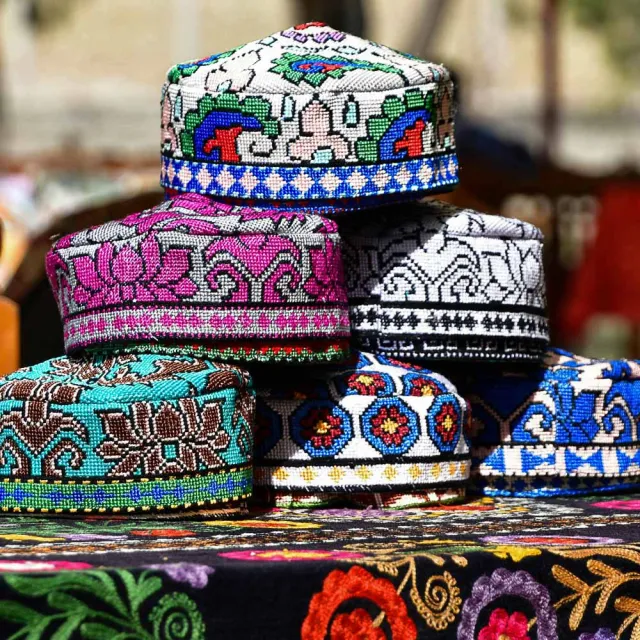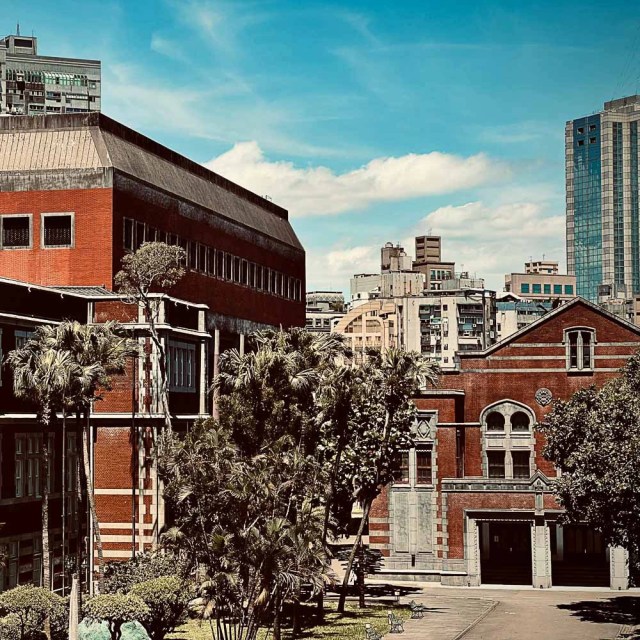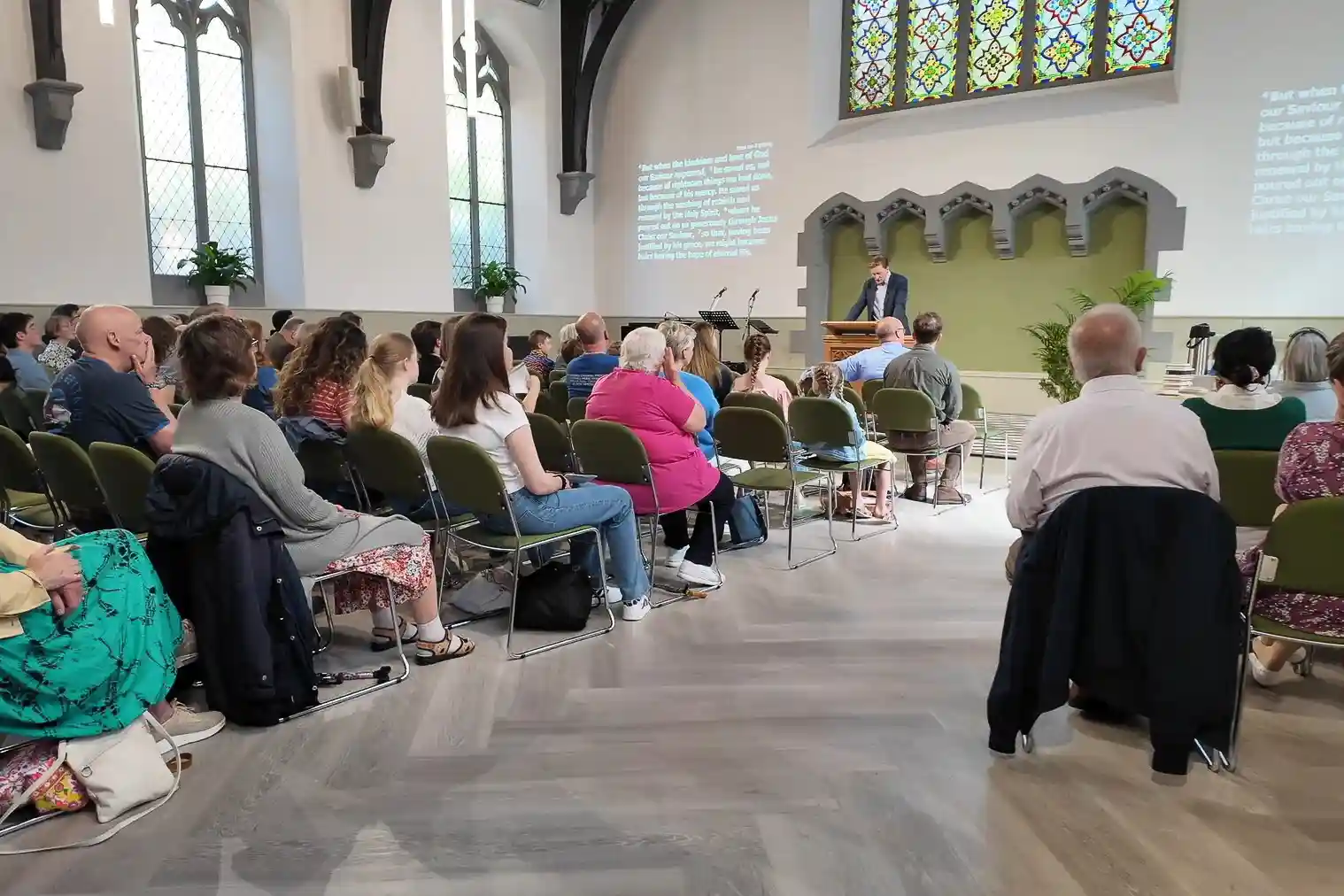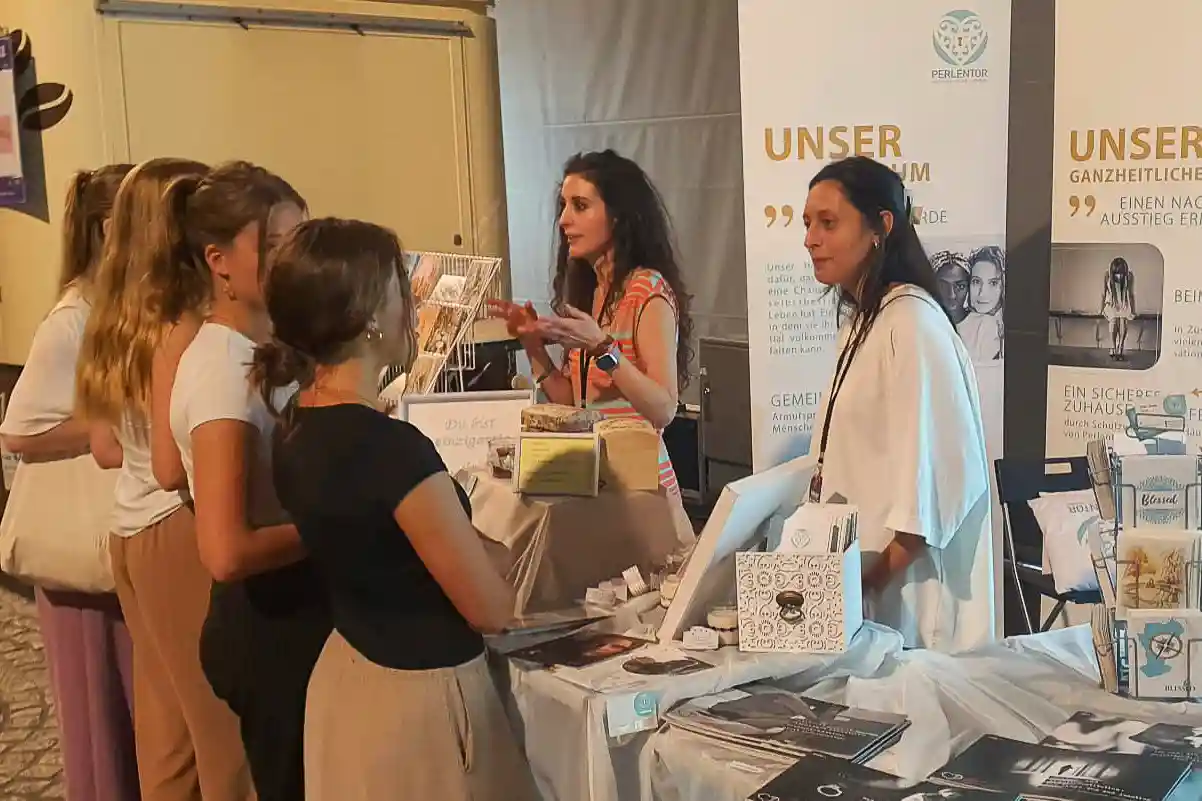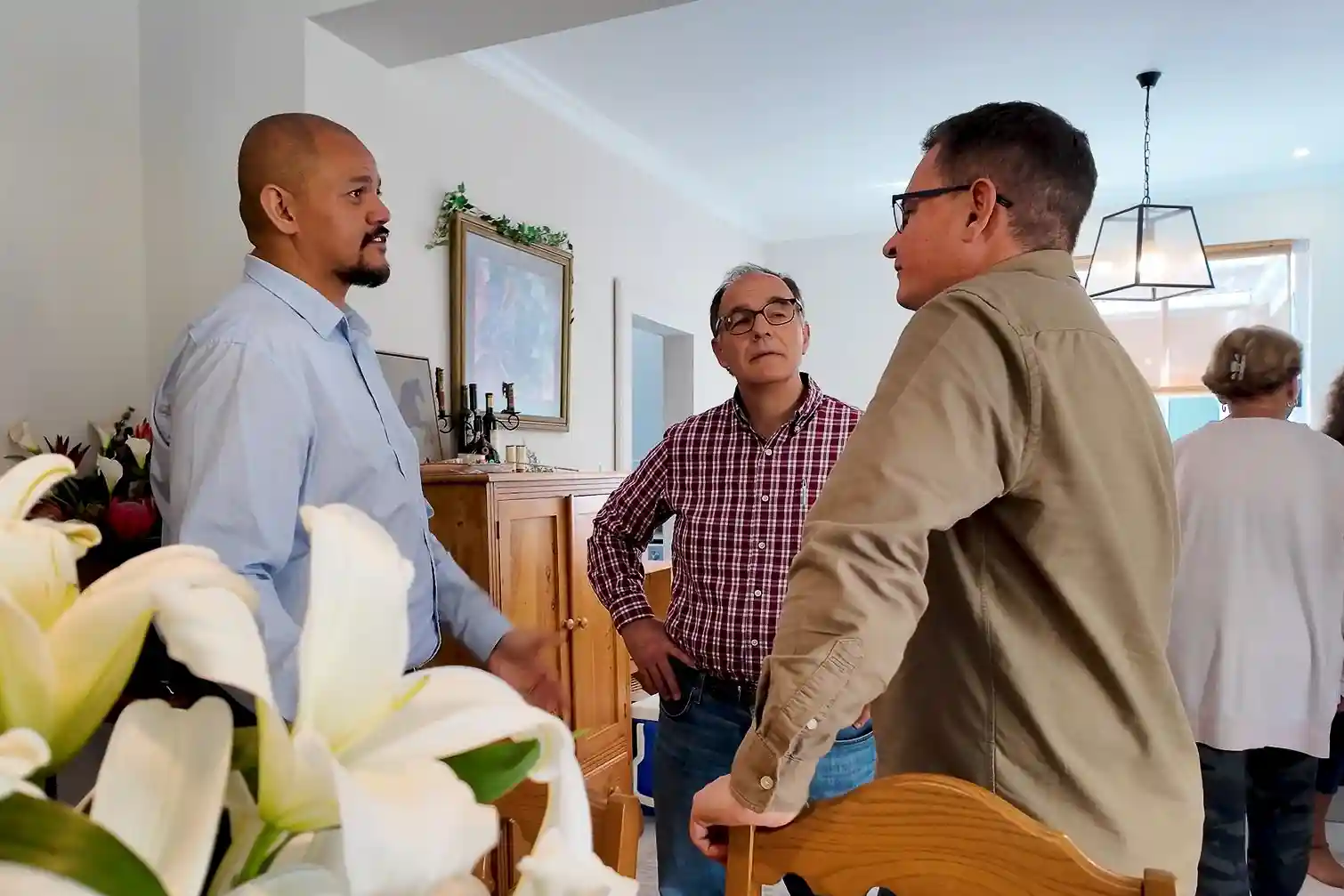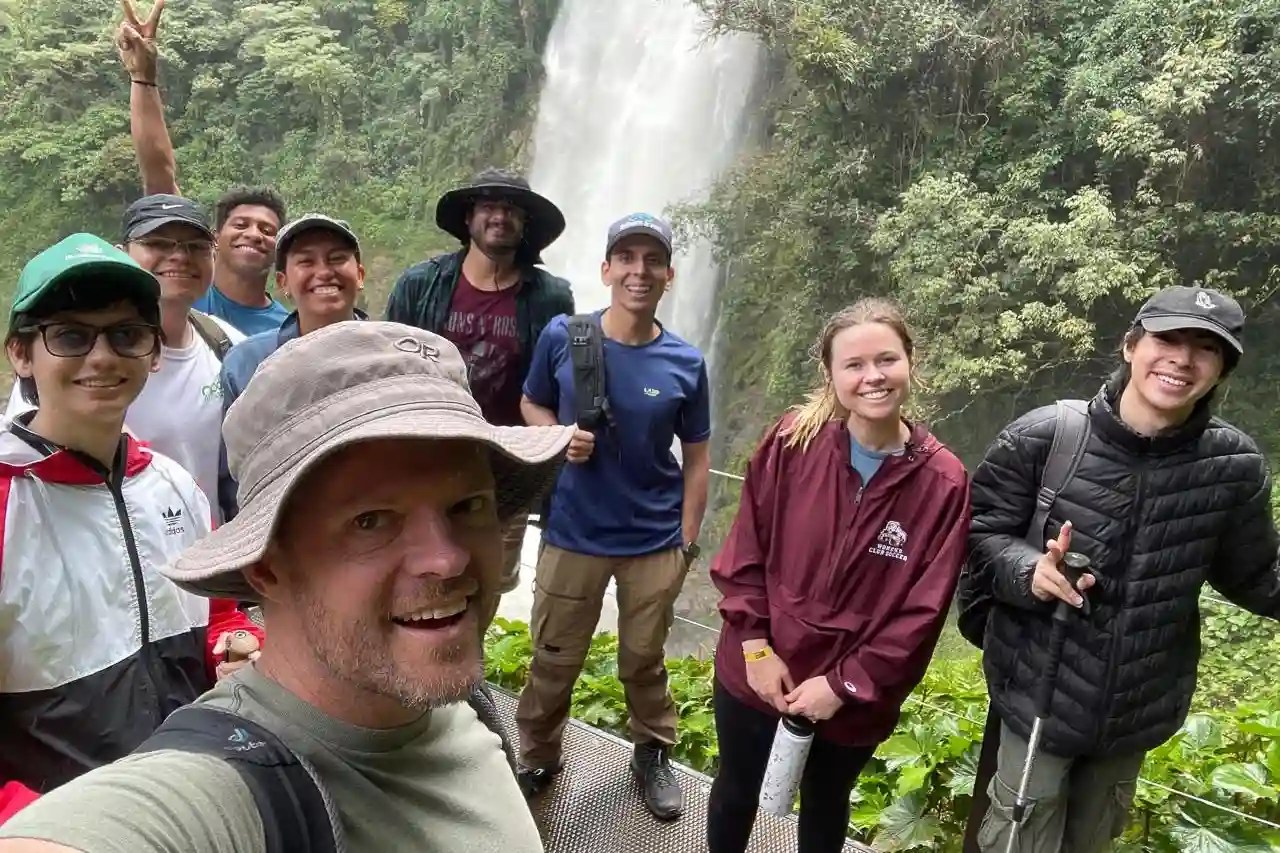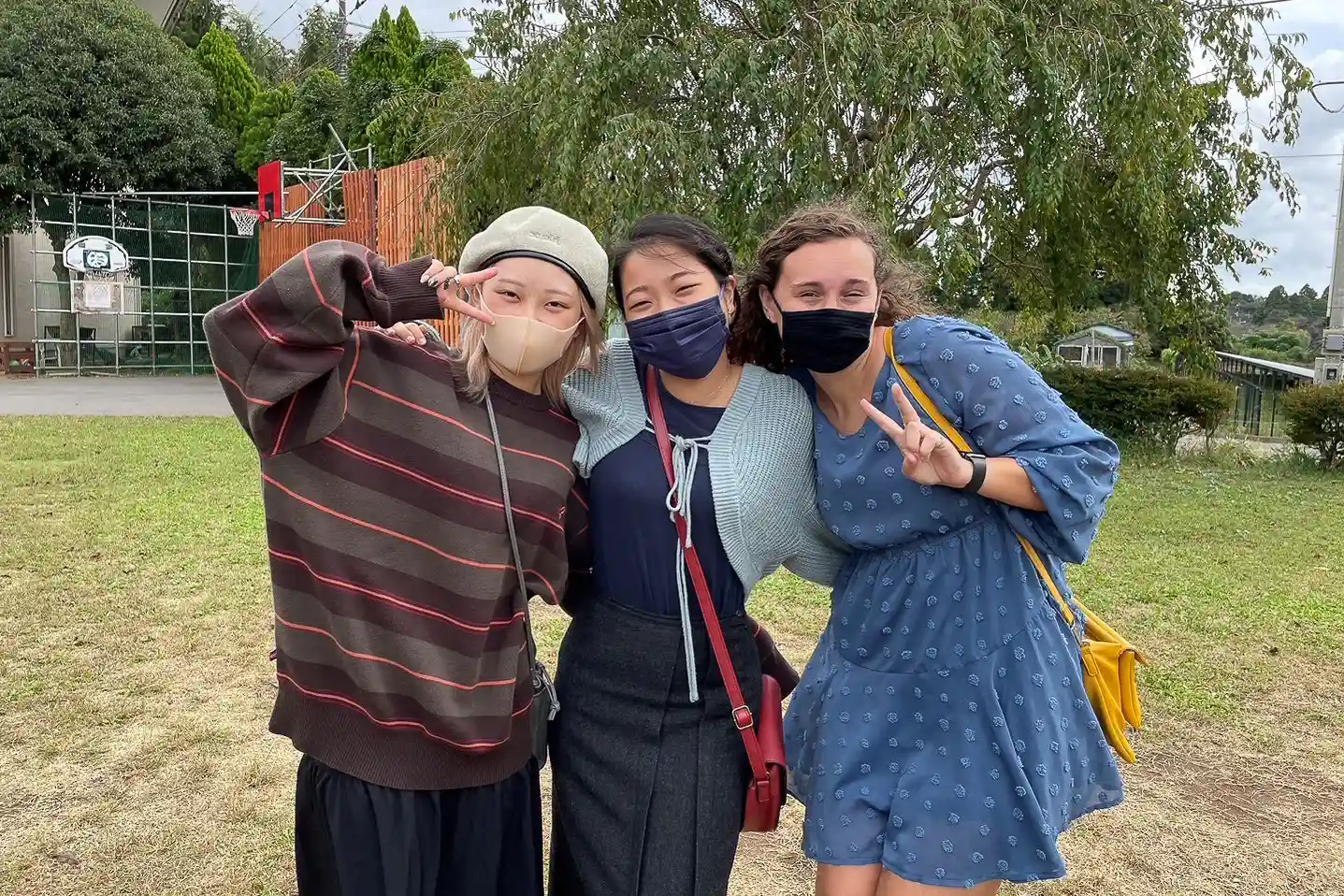When Church Planting Is Perilous
South Asia

In the beautiful southern hill tracts of one South Asian country, minority tribal people groups are suffering intense persecution. For tribal Christians, that persecution can compound exponentially as they are targeted not only for their ethnicity, but for their faith as well. Despite the government’s attempts to keep outsiders out and locals in, reports of human rights violations still leak out including property seizures, arbitrary arrests, and even killings.
“It’s hard for local Christian leaders to leave,” said MTW missionary Edmund North.* “A couple guys in the denomination have either snuck across the border to a neighboring country for seminary or have had to go even further away at great cost to themselves or the church. It’s really hard for them to get a solid Christian education. That’s why we’ve come.”
Edmund and his teammate James Bradley* came to South Asia at the invitation of a small, tribal, Presbyterian denomination of about 3,000 members. Here they are working to start a seminary to train and equip national pastors to plant and lead Reformed churches around the country. But in this majority-Muslim country, advancing the cause of the Church and even reaching the people is not easy.
Though James and Edmund initially came with a heart to live among the hill tribal people, the government has made it difficult to even visit there.
Every time James or Edmund travel to the hill tracts, they are forced to sign documents saying that they won’t be involved in Christian activities—no worship services, and definitely no proselytizing. A few years back, the government made a law (ultimately scarcely-enforced) that a foreigner can’t even have a conversation with someone from the tribal areas unless a police or government official is present.
While the persecution is sometimes blatant, it often takes more insidious forms—funding blocked, missionaries kicked out of the country, or churches harassed by unwarranted legal trouble.
“But nevertheless, Christianity is growing in the tribal areas,” said Edmund. “It’s just amazing to see God’s work there.”
Currently, the little MTW team has a preliminary church plant, with four or five families meeting in Edmund’s home on Sunday nights. James is in the process of both writing and teaching a covenant theology course, which will form the foundation of the seminary. The church is small here, and struggling, but the foundation is being laid. The going is tough and slow, but it’s still going.
“We’re among one of the largest unreached people groups in the world and yet there are only a handful of Christian workers here,” said Edmund. “My guess is that the Western Church isn’t sending people because it’s hard. But if we want to reach the unreached, we have to go to the hard places. If we don’t, we aren’t going to get to be a part of what God is doing there.”
*Names have been changed.
Read part one of our series, When Church Planting is Perilous: East Asia.

